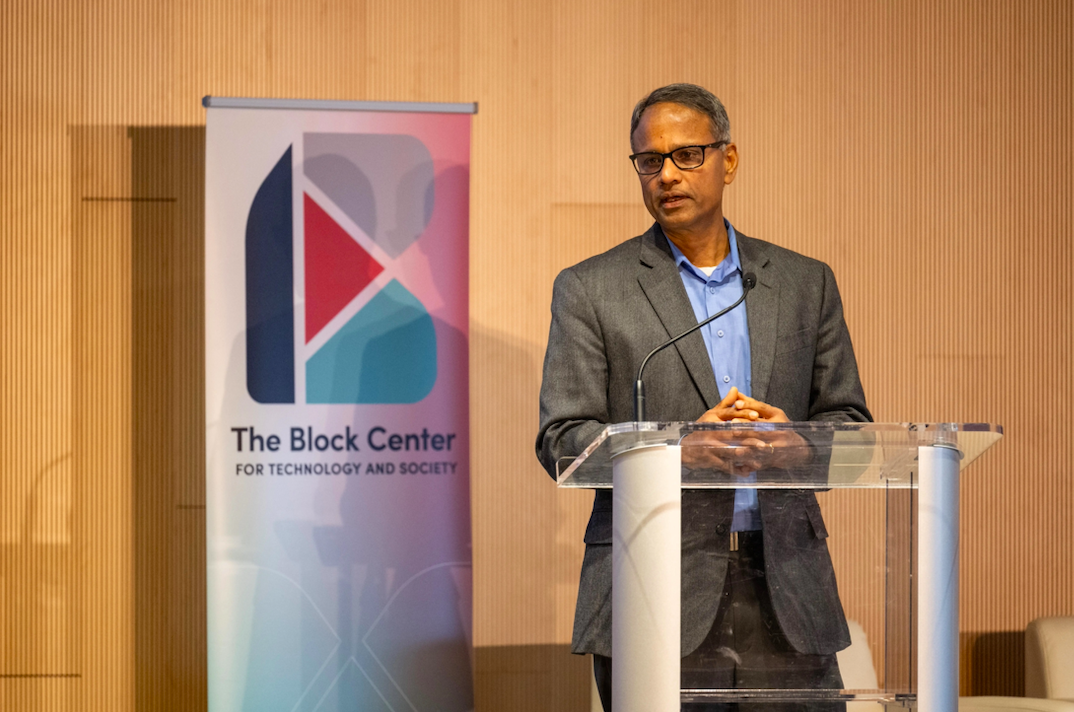Federal funds continued to drive investment in the Pittsburgh region.
Over $1 million in grants from the Build Back Better fund and the Department of Energy flowed into the region, primarily for workforce and sustainable developments. Plus, a local healthcare startup is now reportedly valued in the billions as it seeks $250 million.
Read on for details on those transactions, plus other Money Moves, after the chart showing which companies are hiring in Pittsburgh this month.
Healthcare startup allegedly boosts valuation to $2.5B
Downtown Pittsburgh-based healthcare startup Abridge is reportedly raising $250 million. The round is expected to close with a pre-money valuation of $2.5 billion, a substantial increase from the company’s estimated value of $200 million just last year.
The news comes from the Information, which cited sources claiming tech investor Elad Gil and venture capital firm Institutional Venture Partners will co-lead the round. Alphabet’s growth investing fund will also participate, according to the reporting.
Abridge sells an AI platform that records and transcribes doctors’ appointments and then automatically generates medical notes.
The news comes after Abridge raised $150 million just a few months ago, which it claimed would partially fund the development of new AI models.
“We don't comment on speculation and will make any announcements when we have them,” a spokesperson for Abridge told Technical.ly.
CMU distributes robotics, manufacturing grants
Carnegie Mellon University’s (CMU) Block Center for Technology and Society announced it will award approximately $814,000 to nine projects across Southwestern Pennsylvania as part of the center’s funds from the Build Back Better Regional Challenge grant.
The Block Center is part of the New Economy Collaborative (NEC), an 11-county coalition of over 90 organizations that oversees the $62.7 million grant.
The projects focus on workforce development in robotics, advanced manufacturing and technology equity. Some of the project recipients include local nonprofits like Prototype PGH and PHASE 4 Learning Center. Funds for each project range from $65,000 to $100,000, according to CMU’s Senior Media Relations Specialist Cassia Crogan.
“By supporting these nine projects with funding over the next year, we aim to bridge the gap between innovation and opportunity,” said Ramayya Krishnan, Block Center faculty director and dean of CMU’s Heinz College of Information Systems and Public Policy, in a CMU news release, “ensuring that the region’s workers are equipped to thrive in a rapidly evolving technological landscape.”
$1M from a federal grant to invest in sustainable electric motors
Advanced magnetic technologies company CorePower Magnetics received nearly $1 million in funding from the US Department of Energy (DOE) to develop a high-performance electric motor free of rare earth materials.
Most electric motors contain magnets that use rare earth metals. This equipment creates the magnetic fields necessary for converting electrical energy into mechanical energy. The DOE funds will help CorePower design a motor that utilizes an alternative type of magnet, which could be a significant contribution to the field of electric motor manufacturing.
The grant is part of a $5.5 million DOE initiative aimed at promoting domestic production of critical minerals and materials. The project will also create jobs in the Pittsburgh region for communities that have historically depended on mining and energy production, according to CorePower.
More Money Moves:
- Allegheny County will receive $8 million of a $45 million statewide grant from the Pennsylvania Broadband Development Authority to improve access to reliable, high-speed internet at public facilities.
- The National Institute of Standards of Technology awarded $6 million to CMU to establish a cooperative research center to test and evaluate modern AI tools.
- Constructel Visabeira, a global energy and telecommunications company, acquired Pittsburgh-based electrical services company Sargent Electric for an undisclosed amount. Sargent Electric’s $400 million in revenue this year will boost Constructel’s revenues to $650 million in the US.
- A New York-based developer is entering negotiations with the Urban Redevelopment Authority to invest $20 million into the revitalization of a former steel mill located on 62nd Street in Lawrenceville, a neighborhood known for attracting tech startups.
- A CMU-led team secured up to $42 million from the Advanced Research Projects Agency for Health to accelerate the development of implantable, cell-based bioelectronic devices to help patients with thyroid disorders.
- The University of Pittsburgh sold its Pittsburgh Applied Research Center for $5 million to restaurant chain A&W LLC, which has not yet released plans for the property.
Covestro AG, a plastics manufacturer with its North American headquarters in Pittsburgh, signed an investment agreement with Abu Dhabi National Oil Company for an acquisition valued at approximately $12.7 billion.
Join our growing Slack community
Join 5,000 tech professionals and entrepreneurs in our community Slack today!
Donate to the Journalism Fund
Your support powers our independent journalism. Unlike most business-media outlets, we don’t have a paywall. Instead, we count on your personal and organizational contributions.






